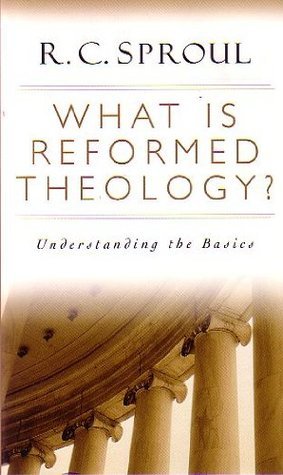What do you think?
Rate this book


236 pages, Paperback
First published September 10, 1997
Dr. R.C. Sproul (1939–2017) was founder of Ligonier Ministries, an international Christian discipleship organization located near Orlando, Fla. He was founding pastor of Saint Andrew’s Chapel in Sanford, Fla., first president of Reformation Bible College, and executive editor of Tabletalk magazine.
Ligonier Ministries began in 1971 as the Ligonier Valley Study Center in Ligonier, Pa. In an effort to respond more effectively to the growing demand for Dr. Sproul’s teachings and the ministry’s other educational resources, the general offices were moved to Orlando in 1984, and the ministry was renamed.
Dr. Sproul’s radio program, Renewing Your Mind, is still broadcast daily on hundreds of radio stations around the world and can also be heard online. Dr. Sproul produced hundreds of lecture series and recorded numerous video series on subjects such as the history of philosophy, theology, Bible study, apologetics, and Christian living.
He contributed dozens of articles to national evangelical publications, spoke at conferences, churches, and academic institutions around the world, and wrote more than one hundred books, including The Holiness of God, Chosen by God, and Everyone’s a Theologian. He signed the 1978 Chicago Statement on Biblical Inerrancy and wrote a commentary on that document. He also served as general editor of the Reformation Study Bible, previously known as the New Geneva Study Bible.
Dr. Sproul had a distinguished academic teaching career at various colleges and seminaries, including Reformed Theological Seminary in Orlando and Jackson, Miss. He was ordained as a teaching elder in the Presbyterian Church in America.